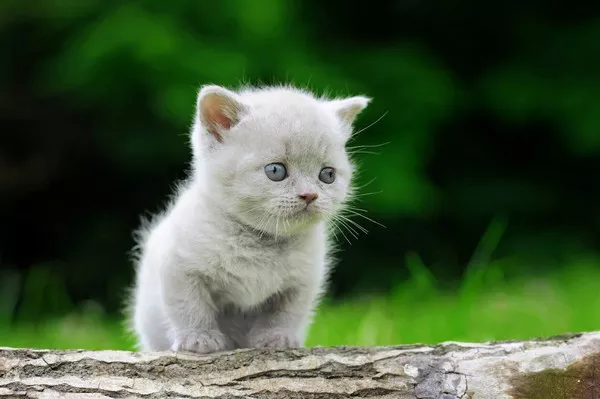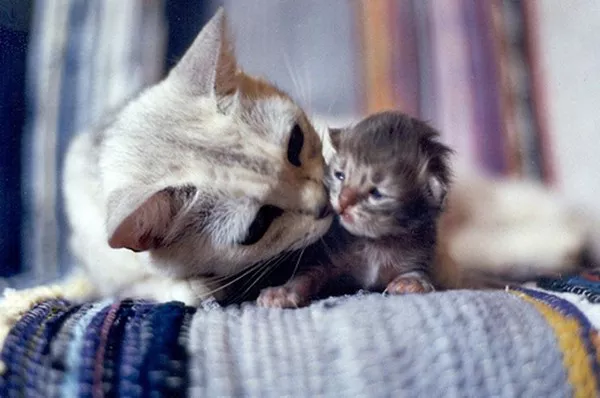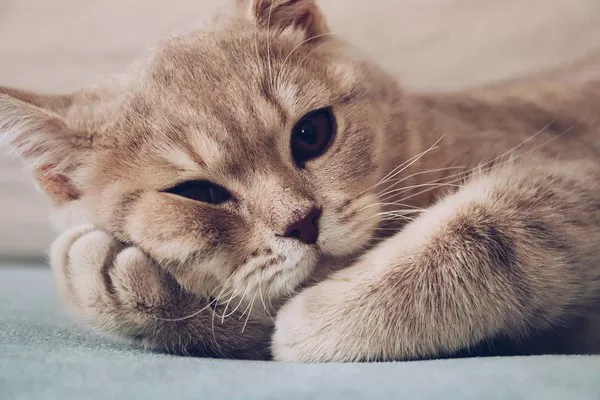When it comes to raising a young kitten, it’s important to keep a close eye on their health and well-being. One of the key indicators of a healthy kitten is their bowel movements. So, how often should a 2-week-old kitten poop? In this article, we’ll explore the answer to this question and offer tips for ensuring your kitten stays healthy and happy.
Normal Bowel Movements for a 2-Week-Old Kitten
At 2 weeks old, a kitten’s digestive system is still developing, and they are still getting most of their nutrition from their mother’s milk or a milk replacer formula. As a result, they may not have bowel movements as frequently as adult cats. However, they should still have at least one bowel movement per day, and it should be soft and well-formed.
If a 2-week-old kitten is not having bowel movements regularly, it could be a sign of a health issue, such as constipation or dehydration. It’s important to monitor the kitten’s bowel movements and take action if you notice any changes or irregularities.
How to Monitor Your Kitten’s Bowel Movements
The best way to monitor your kitten’s bowel movements is to keep a close eye on their litter box or the area where they eliminate. If you notice that your kitten has not had a bowel movement in a day or more, it’s important to take action to help them eliminate.
You can also monitor your kitten’s overall health and well-being to ensure that they are not experiencing any other health issues. Signs of a healthy kitten include a good appetite, alertness, and a healthy weight gain. If you notice any changes in your kitten’s behavior or health, it’s important to contact a veterinarian for advice.
How to Help a Constipated Kitten
If your 2-week-old kitten is constipated, there are several things you can do to help them eliminate. One option is to gently massage their abdomen to help stimulate their digestive system. You can also try adding a small amount of pumpkin puree or olive oil to their food to help soften their stool and make it easier to pass.
It’s important to monitor your kitten’s bowel movements after taking these steps to ensure that they are eliminating regularly and that their stool is soft and well-formed. If you notice any changes or if your kitten continues to have difficulty eliminating, it’s important to contact a veterinarian for further advice.
Keeping a close eye on your 2-week-old kitten’s bowel movements is an important part of ensuring their overall health and well-being. While it’s normal for a kitten’s digestive system to still be developing at this age, they should still have at least one bowel movement per day. If you notice any changes or irregularities in your kitten’s bowel movements, it’s important to take action to ensure that they stay healthy and happy. By monitoring their overall health and working with a veterinarian, you can help your kitten grow into a healthy and happy adult cat.

























